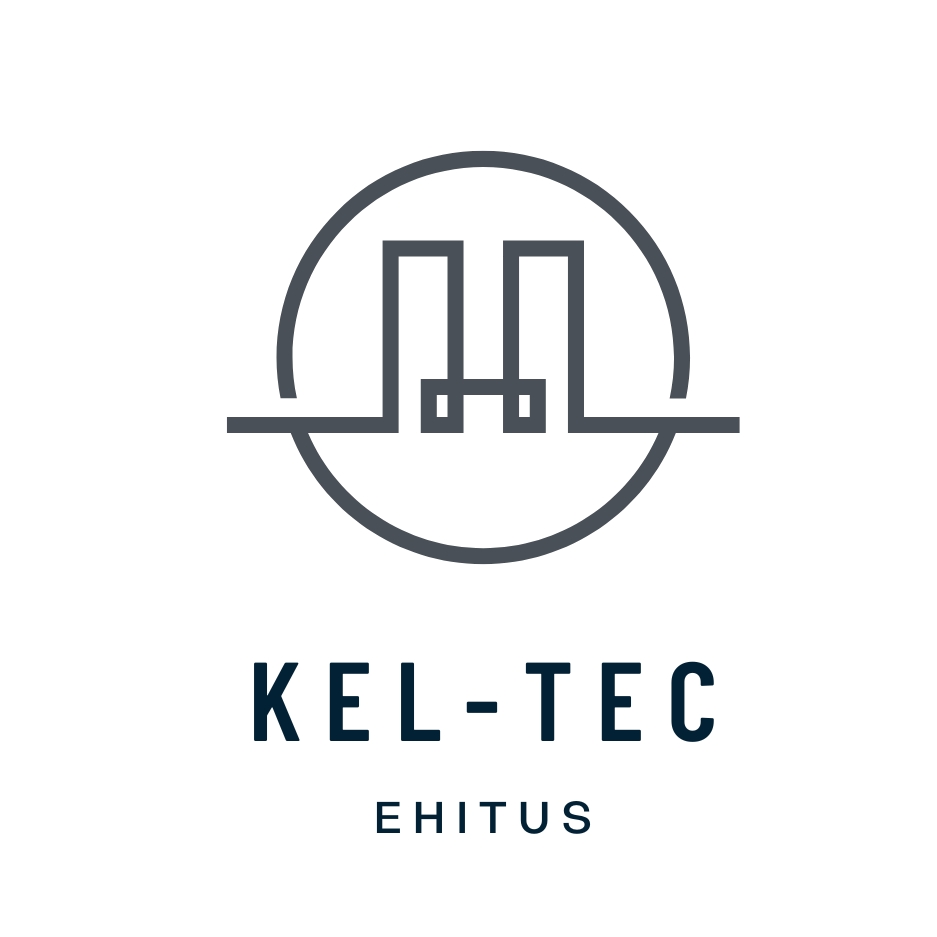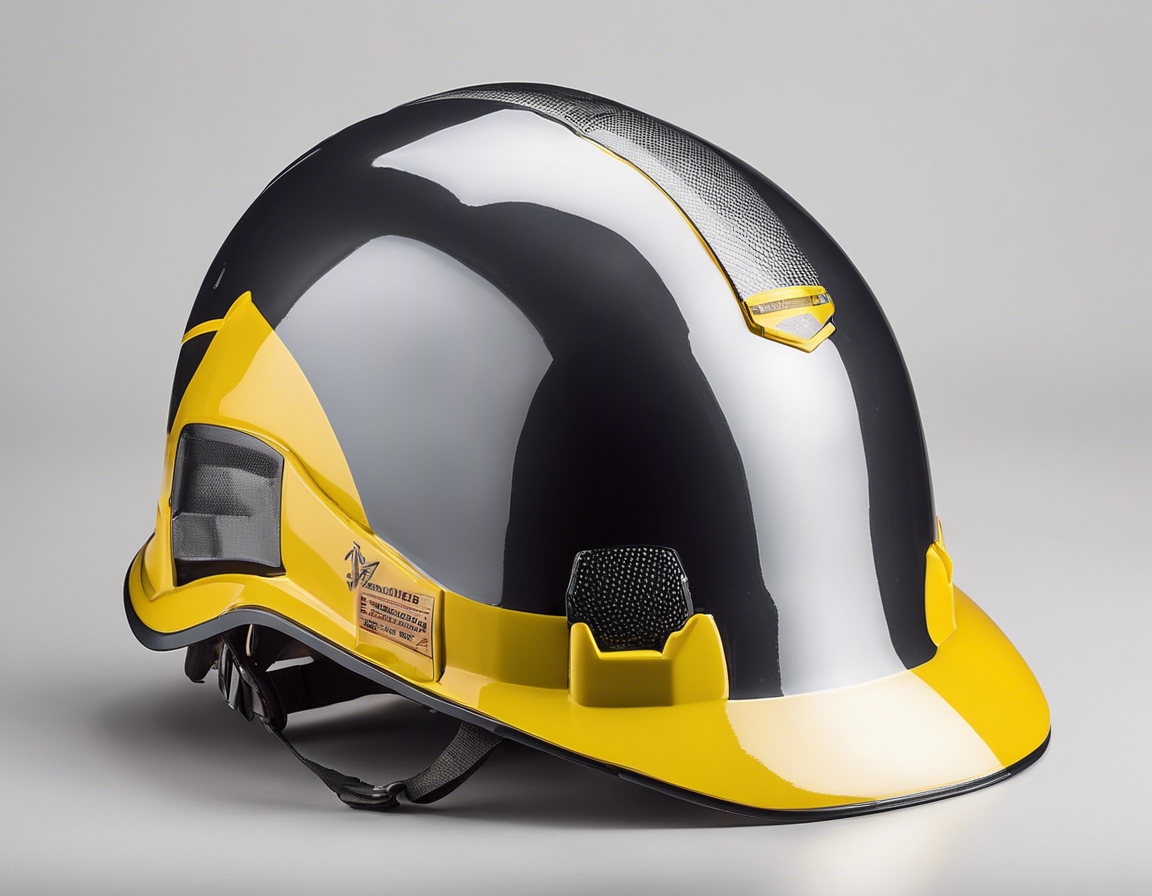5 trends shaping the future of construction
The construction industry is on the cusp of a transformation, driven by a confluence of trends that promise to reshape the way we build and live. For property developers, business owners, and homeowners, understanding these trends is crucial for making informed decisions about future projects. Here are five key trends that are shaping the future of construction.
1. Sustainable and Green Building Practices
As environmental concerns become more pressing, the construction industry is shifting towards sustainable practices. The use of renewable materials and the focus on energy efficiency are becoming standard. Innovations such as solar panels, green roofs, and sustainable insulation materials are gaining traction.
Green certifications like LEED and BREEAM are setting the bar for sustainable construction. These standards not only help reduce the environmental impact but also offer long-term cost savings and add value to properties.
2. Technological Integration and Automation
Building Information Modeling (BIM) technology is revolutionizing the planning and management of construction projects. BIM facilitates better collaboration among stakeholders and can lead to more efficient project execution.
The integration of automation and robotics in construction processes is improving precision and efficiency while reducing labor costs and construction time. Drones, for example, are being used for site surveys and inspections, enhancing accuracy and safety.
3. Modular and Prefabricated Construction
Modular and prefabricated construction methods are gaining popularity due to their ability to reduce waste, shorten construction timelines, and lower overall costs. These methods also allow for greater quality control as components are built in a controlled factory environment.
While modular construction offers many advantages, it also presents challenges such as transportation logistics and the need for precise planning. However, the potential for innovation in design and scalability makes it a trend to watch.
4. Advanced Materials and Smart Technology
Advancements in materials science are leading to the development of new construction materials that are stronger, lighter, and more sustainable. Self-healing concrete, transparent aluminum, and aerogels are just a few examples of materials that could redefine construction standards.
Smart buildings equipped with IoT devices are becoming more common. These technologies allow for real-time monitoring and control of building systems, leading to increased energy efficiency, security, and comfort for occupants.
5. Safety Innovations and Worker Welfare
The industry is witnessing a surge in the development of enhanced safety equipment, such as wearable technology that can monitor workers' health and environment. This trend is crucial for reducing accidents and improving overall site safety.
There is a growing recognition of the importance of mental health and ergonomic practices in the construction industry. Companies are investing in programs and equipment that support the well-being of their workforce, which in turn can lead to increased productivity and job satisfaction.






Comments (0)